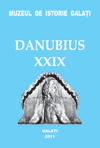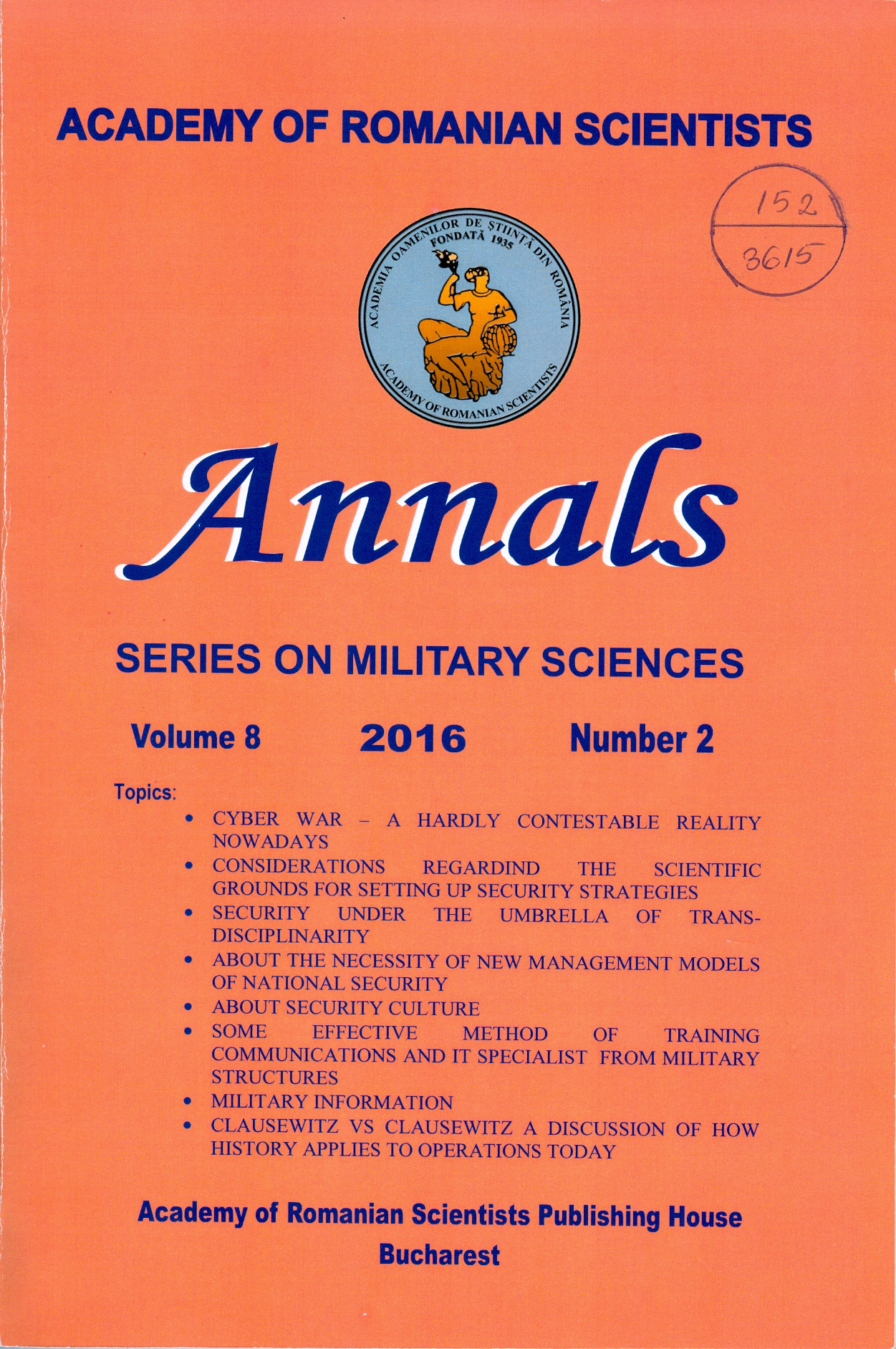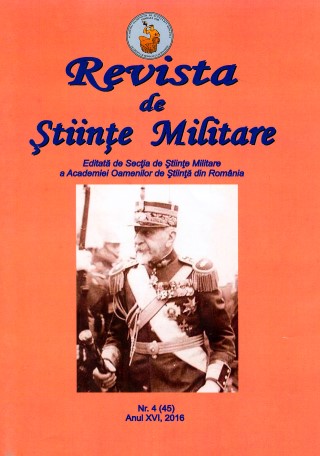
The Restoration of a Polish Cavalry Sword from the Middle of the XVIIth Century
This article describes the restoration process a Polish cavalry sword from the middle of the XVII-the century, belonging to the patrimony of the National Military Museum, Bucharest. It underlines the restoration operations and the conservation of the object.
More...

